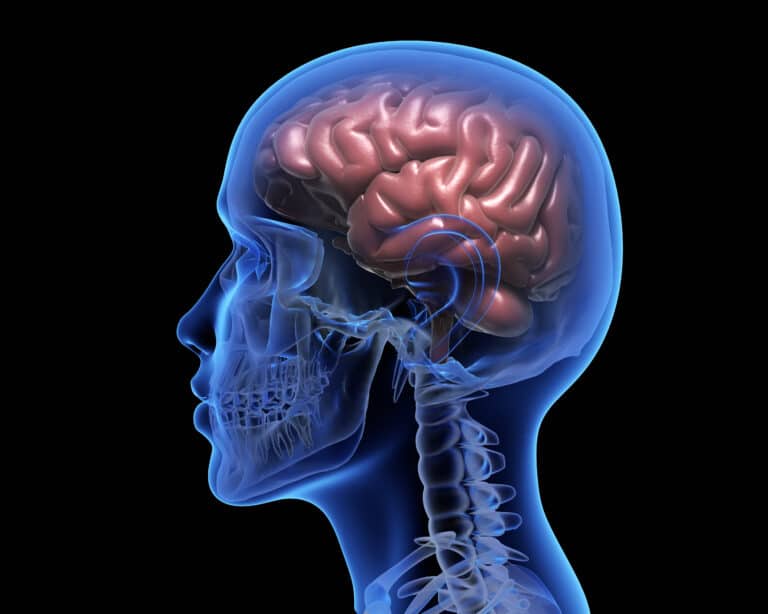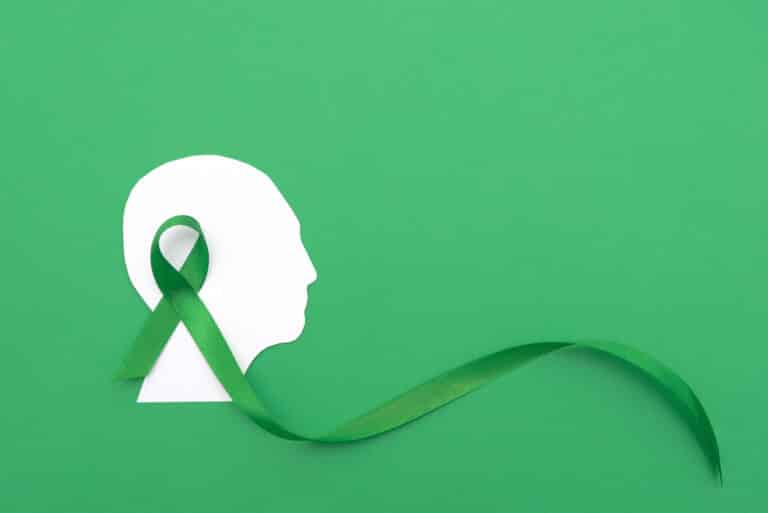Have you ever gone to your car and realized you forgot your keys? Or maybe you left your house and wondered if you already told your mom about her favorite supermarket having a sale?
Except instead of being casual about it, you worry; you fret; you keep thinking over and over about it. You’re worried that you didn’t tell your mom about the sale, so she missed out. It’s a habit that controls your daily life.
Let us introduce you to what’s called Checking OCD. Checking OCD is a form of Obsessive-Compulsive Disorder (OCD). It deals with intrusive thoughts and concerns regarding worrying (obsessing) over common and everyday things. Some people may wonder if having slight OCD is common.
How do people first have Checking OCD? Is it from their environment or nature? Can it be cured? What exactly is OCD? Is it more than being afraid of germs? Is there medication for Checking OCD?
Since you asked, if you keep reading, we can tell you more about that.
Common Obsession Signs of Checking OCD
Common signs include the following:
- Fear of accidentally leaving a stove on
- Wondering if your thoughts are only thoughts or memories
- Fear of having doors unlocked
- Fear of losing items
- Fear of leaving sink water on
- Fear of writing inappropriate emails
- Obsesssions and compulsions
If you think those are normal, imagine someone else having to live with them daily. Let’s try giving some examples.
Example 1
Maria is on her way to work when she thought about whether she turned her stove off. She remembered making breakfast before and was sure she turned the stove off. But thoughts of having her house on fire are making her anxious.
Example 2
Chase is hanging out at his friend’s house when he wondered if he ever locked his doors. He convinces himself he did, but the thought of having burglars entering his home makes him anxious.
Example 3
Daniel is writing an email to his boss to talk about their upcoming meeting. Although he is confident about how he presents himself, he worries about saying something wrong. He ends up rewriting his email many times until he finds himself getting a little dizzy.
Common Compulsion Signs of Checking OCD
Common signs include:
- Repeatedly checking to see if you left your stove off
- Seek assurance from others if a memory is real or thought
- Repeatedly checking locks everywhere
- Repeatedly checking to see if your personal items are still with you
- Repeatedly checking if water taps are off
Here are some examples of real-life scenarios.
Scenario 1
Daniela was finishing up with baking 15 minutes ago when she began wondering whether she turned off her stove or not. She goes back and checks it every few minutes or so to remind herself it’s already off. But overwhelmed with setting the house on fire, she gets up and checks it once again.
Scenario 2
Jack was hiking with some friends when he realized if he locked his doors at home and in his car. He opens his phone to check the security in his house to make sure no one broke in and heads back to his car to check for all locked doors.
He repeats this for 2-3 minutes. Now and then, he checks on his phone to make sure no one broke into his home.
How Checking OCD Impacts Your Life
What’s common about these examples is being obsessed with a thought or worry. It’s the feeling of obsessing over and over a thought that may never happen or have already happened.
In other words, you may have already locked your doors, but you still wonder if you did. Or you already turned off your stove hours after you finished cooking, but your brain is making you question that.
And that’s where you obsess. At times, you even feel like you’re at fault. You feel like you’re responsible for things that are out of your control. You also feel like you would cause harm to others, unintentionally or not.
Checking OCD Symptoms
Checking OCD symptoms happen in either obsessive or compulsion tendencies. One can have an obsession or compulsion instead of both. Both can cause anxiety in either thoughts or behavior.
Examples include the following:
- Safety Concerns – fears about being responsible for a threat to life or property such as fire, flood, burglary
- Health Concerns – fears of getting sick
- Mistake Concerns – fears of making errors
- Inappropriate Behavior Concerns – fears of bad behavior
What Causes Checking OCD?
The cause of Checking OCD is still in question, but many factors can come to play, including genetics, environmental factors, neurological factors, and cognitive factors.
Compulsive behavior can temporarily reduce anxiety. In a sense, when a person performs a compulsive behavior, they relieve their anxiety.
This causes them to do more of this behavior, and it becomes a loop, a neverending cycle. Here’s a study on what happens to people’s brains when they have OCD.
What’s the Difference Between OCD and Checking OCD?
Both OCD and Checking OCD have very similar traits, as both deal with obsessive and compulsive tendencies.
With OCD being the main disorder, it comes with many categories and meanings depending on your symptoms. Checking OCD boils down to being more specific and has its own meaning.
OCD is described as showing great attention to detail, reaching perfectionism, and rearranging things to your expectations. Checking OCD focuses more on worry and concerns regarding your daily life.
By understanding the difference between these two, you can check in with yourself or your loved ones to see if they show signs of Checking OCD.
And that’s what we’re here for. We’re here to help you and your loved ones who are suffering in this difficult time. If you would like to understand more of your disorder, head on over to our page to learn more.
Medication and Treatment for Checking OCD
Today, we’re dedicated to discussing what Checking OCD is and how these disorders affect people. The good news is that Checking OCD, like any behavioral disorder, can be treated with Cognitive-Behavioral Therapy (CBT).
Patients can also benefit from Exposure and Response Prevention (ERP) and Mindfulness-Based Cognitive-Behavioral Therapy.
CBT effectively manages many mental illnesses such as depression, anxiety disorders, drug addictions, eating disorders, and severe mental illnesses.
Your doctor may prescribe you medication. It’s worth noting that OCD cannot be cured. However, our team is dedicated to helping you get back on your feet. Think you may have a disorder? Feel free to contact us right here so we can schedule a meeting right now. Let us help you today. Together, we will rise.






